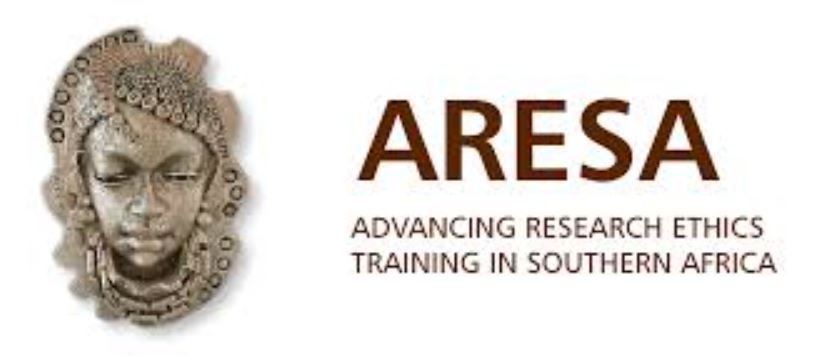MEDICINE AND THE LAW

CORRESPONDENCE
- Keymanthri Moodley, PhD, Center of
Medical Ethics and Law, Department of
Medicine, Faculty of Medicine and Health
Sciences, Stellenbosch University, Cape
Town, South Africa.
- Keymanthri Moodley
- Stuart Rennie
- Frieda Behets
- Adetayo Emmanuel Obasa
- Robert Yemesi
- Laurent Ravez
- Patrick Kayembe
- Darius Makindu
- Alwyn Mwinga
- Walter Jaoko
Allocation of scarce resources in Africa during COVID-19: Utility and justice for the bottom of the pyramid?
Abstract
The COVID-19 pandemic has raised important universal public health challenges. Conceiving ethical responses to these challenges is a public health imperative but must take context into account. This is particularly important in sub-Saharan Africa
(SSA). In this paper, we examine how some of the ethical recommendations offered so far in high-income countries might appear from a SSA perspective. We also reflect on some of the key ethical challenges raised by the COVID-19 pandemic in low-income countries suffering from chronic shortages in health care resources, and chronic high morbidity and mortality from non-COVID-19 causes. A parallel is drawn between the distribution of severity of COVID-19 disease and the classic “Fortune at the bottom of the pyramid” model that is relevant in SSA. Focusing allocation of resources during COVID-19 on the ‘thick’ part of the pyramid in Low-to-Middle Income Countries (LMICs) could be ethically justified on utilitarian and social justice grounds, since
it prioritizes a large number of persons who have been economically and socially marginalized. During the pandemic, importing allocation frameworks focused on the apex of the pyramid from the global north may therefore not always be appropriate. In a post-COVID-19 world, we need to think strategically about how health care systems can be financed and structured to ensure broad access to adequate health
care for all who need it. The root problems underlying health inequity, exposed by COVID-19, must be addressed, not just to prepare for the next pandemic, but to care
for people in resource poor settings in non-pandemic times.


